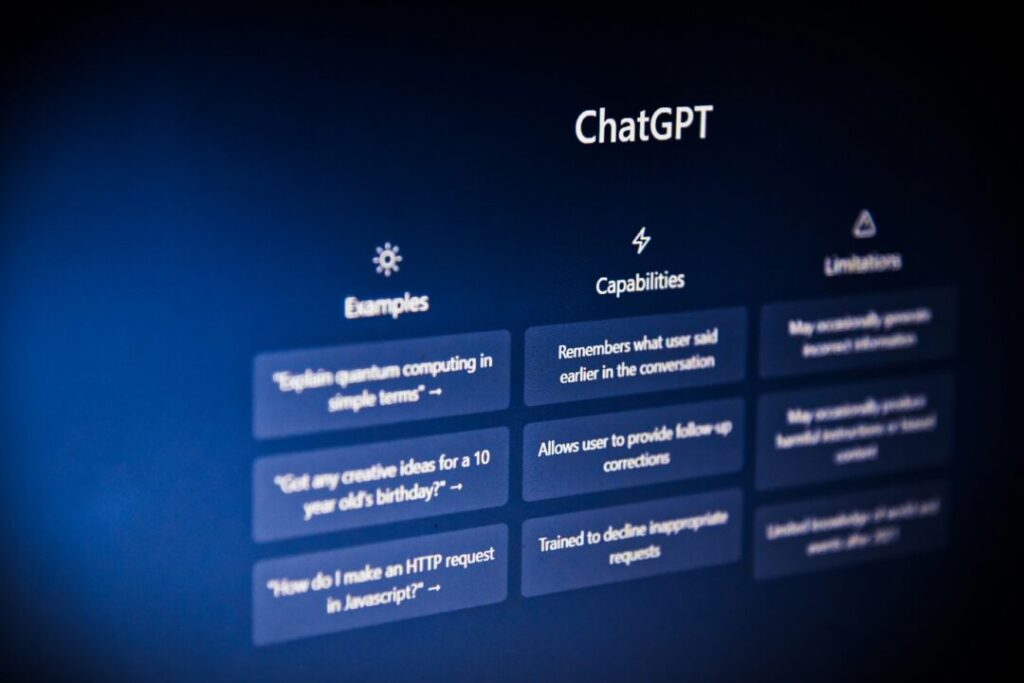OpenAI Broadcom AI Chip Will be launch in 2026
OpenAI, the San Francisco-based company behind ChatGPT, is reportedly preparing to introduce its first artificial intelligence (AI) chip as early as next year, according to a report by the Financial Times on Thursday. The chip is being developed in partnership with US semiconductor giant Broadcom, signaling a major step in OpenAI’s ambition to secure more control over its computing infrastructure.
Internal Use, Not for Sale
The report, citing people familiar with the matter, suggests that the upcoming chip will be designed for OpenAI’s internal use only, rather than being sold commercially. This strategy mirrors the approach taken by several other tech giants, such as Google and Amazon, which have built custom chips to meet the high demand of their AI workloads.
Neither OpenAI nor Broadcom has issued an official statement on the collaboration. Reuters noted that both companies declined to comment outside of regular business hours.
Why the Move Matters
OpenAI has been at the forefront of the generative AI revolution, offering tools like ChatGPT and DALL·E that simulate human-like conversations and creativity. However, powering such massive AI models requires enormous computing resources. Until now, OpenAI has largely depended on chips from Nvidia and AMD to run its systems.
As demand grows, relying solely on third-party suppliers has become increasingly expensive and potentially limiting. Developing its own chip could give OpenAI greater independence, cost efficiency, and better optimization for training and running large-scale models.
The Broadcom Connection
Broadcom, a key player in the semiconductor industry, has seen its role in AI infrastructure expand rapidly. On Thursday, CEO Hock Tan revealed during the company’s earnings call that Broadcom expects its AI-related revenue to “improve significantly” in fiscal 2026, buoyed by more than $10 billion in new AI infrastructure orders.
While Tan did not specifically name OpenAI as a customer, he confirmed that one new major customer had placed a firm order in the last quarter, qualifying it as a strategic partner. Earlier this year, Tan also disclosed that four additional potential customers were in advanced talks to design custom chips with Broadcom, alongside the company’s three existing major clients.
Given the timing and scale, industry watchers suggest OpenAI is one of the unnamed firms now collaborating with Broadcom.
Part of a Larger Industry Trend
OpenAI’s decision to create its own AI chip mirrors a broader trend among tech leaders. Google has developed its Tensor Processing Units (TPUs), Amazon created its Inferentia and Trainium chips, and Meta has been designing processors specifically for AI workloads.
The reason behind this push is simple: generative AI requires vast amounts of computing power, and standard off-the-shelf chips often struggle to keep up. By building specialized chips, companies can fine-tune hardware for their unique needs, reduce costs in the long run, and lessen their dependence on external suppliers like Nvidia.
Looking Ahead
If the FT report is accurate, OpenAI could deploy its first in-house chip sometime in 2026. The move would not only align the company with its tech rivals but also mark a pivotal step in securing the hardware backbone needed for the next phase of AI innovation.
For Broadcom, a confirmed partnership with OpenAI would strengthen its position as a critical supplier in the AI supply chain, especially as demand for high-performance chips continues to outpace availability.
With AI models growing larger and more complex, OpenAI’s bet on custom chips could be the key to maintaining its competitive edge in the rapidly evolving artificial intelligence landscape.
Disclaimer: The information in this article is based on details first reported by official sources and publicly available news, including Google News. We have adapted and rewritten the content for clarity, SEO optimization, and reader experience. All trademarks and images belong to their respective owners.

